How Attorneys Can Use a CDRE as a Resource
When divorce proceedings involve real estate, the potential for complications increases dramatically. A Certified Divorce Real Estate Expert (CDRE) can be a game-changing asset to attorneys, offering both deep expertise and essential neutrality. This blog breaks down how attorneys can leverage a CDRE to support their cases, protect their clients, and reduce their own liability.
🔍 What Is a CDRE?
A Certified Divorce Real Estate Expert is a real estate professional with specialized training in handling the legal, emotional, and financial intricacies of real estate transactions during divorce. CDREs receive certification through programs like the Ilumni Institute, which trains agents to remain neutral, work within court orders, and mitigate conflict in high-stakes divorce sales.
Unlike general real estate agents, CDREs understand the court process, are trained to testify as expert witnesses if necessary, and routinely document their communication for potential litigation use. This unique positioning makes CDREs indispensable to family law attorneys.
⚖️ Why Attorneys Should Use a CDRE
1. CDREs Reduce Risk of Litigation
Divorce real estate transactions are emotionally charged. When miscommunication or bias creeps in, the likelihood of one party feeling disadvantaged—and suing—goes up. CDREs maintain neutrality and document every interaction, reducing misunderstandings and the potential for lawsuits.
2. They Simplify Complex Transactions
CDREs know how to manage high-conflict situations, delayed repairs, lien complications, and reluctant sellers. They are trained to manage both spouses equally, avoiding favoritism and ensuring both parties remain informed and empowered.
3. They Help Maintain Momentum
Real estate delays can stall divorces for months. CDREs understand how to keep transactions moving forward—despite tension, lack of communication between spouses, or unclear court orders. Their structured processes create momentum where there is usually confusion.
💼 Key Services CDREs Provide to Attorneys
📄 1. Detailed Property Assessments
CDREs begin with a comprehensive property review and condition report. They identify deferred maintenance issues, legal title problems, and estimated market value. This gives attorneys the data they need for court filings and negotiations.
🗓️ 2. Structured Communication and Reports
CDREs send consistent updates throughout the listing process. Attorneys receive timelines, milestone checklists, and alerts for any issues—whether it’s one spouse refusing to show the home or an offer that sparks disagreement.
🤝 3. Coordination of Court-Ordered Sales
When a judge orders the home sold, CDREs implement the court’s instructions to the letter. They understand how to list, price, and market homes within a framework that adheres to legal requirements and deadlines.
🛡️ 4. Expert Witness Testimony
In contentious cases, attorneys may need an expert to speak about the home’s value, market conditions, or issues during the sale process. CDREs can serve as expert witnesses and submit court-ready documentation.
📌 Case Study: How a CDRE Averted Escalation
An Arizona attorney was handling a divorce where the wife refused to allow showings of the home. The husband had moved out and was pushing for a quick sale due to financial strain. The attorney brought in Barbara, a CDRE, who conducted a neutral home assessment, provided a structured showing calendar, and communicated with both spouses weekly.
Barbara’s approach de-escalated tension. She documented all refusals, communicated deadlines, and ultimately secured cooperation. The home sold, and the attorney noted it was one of the least problematic cases he’d seen—solely due to the real estate handling.
📈 Benefits for the Attorney
Reduced litigation exposure
Streamlined communication
Expert market guidance
Access to repair and vendor networks
A strategic ally in client advocacy
Attorneys often find that clients become more cooperative when a neutral third party is involved. Barbara’s clients frequently comment on how her calm demeanor and clear boundaries help them move forward.
🔑 When Should a CDRE Be Called In?
Ideally, as early as possible. Here’s why:
You can prepare for potential disputes over pricing, possession, or condition.
You’ll have a resource to guide you on real estate language in court orders.
Your client will benefit from professional advice before making any big decisions.
Even in cases where the home isn’t ordered for sale, a CDRE can assist with buyouts, valuations, and equity assessments.
📍 Arizona-Specific CDRE Support
In the Phoenix and Scottsdale metro area, divorce-related real estate sales come with their own local challenges—extreme seasonal pricing fluctuations, flood zone properties, and a wide range of HOA rules. A CDRE who understands Arizona-specific trends ensures you and your client aren’t caught off guard.
Barbara Woyak, CDRE, is based right here in Phoenix and works closely with attorneys throughout Maricopa County. She offers CLEs, intake support, and custom real estate reports to help you handle your cases more efficiently.
📣 Final Thoughts: Don’t Do It Alone
If you’re a family law attorney managing cases that involve real estate, consider this: You wouldn’t manage your client’s retirement account division without a financial expert. So why handle real estate without one?
A CDRE like Barbara Woyak is your go-to resource—trained to reduce conflict, simplify sales, and protect everyone involved. Don’t take on unnecessary risk.
If you're not yet working with a CDRE, now is the time to change that.
📱 Call, text, or email Barbara today to schedule a consultation, request a sample property report, or invite her to present a CLE to your team. Your clients—and your case outcomes—will thank you.
Contact Barbara Woyak
Certified Divorce Real Estate Expert
Serving Phoenix, Scottsdale, and surrounding areas
602-329-6655 | barbara@azdivorcerealty.com | www.azdivorcerealty.com
